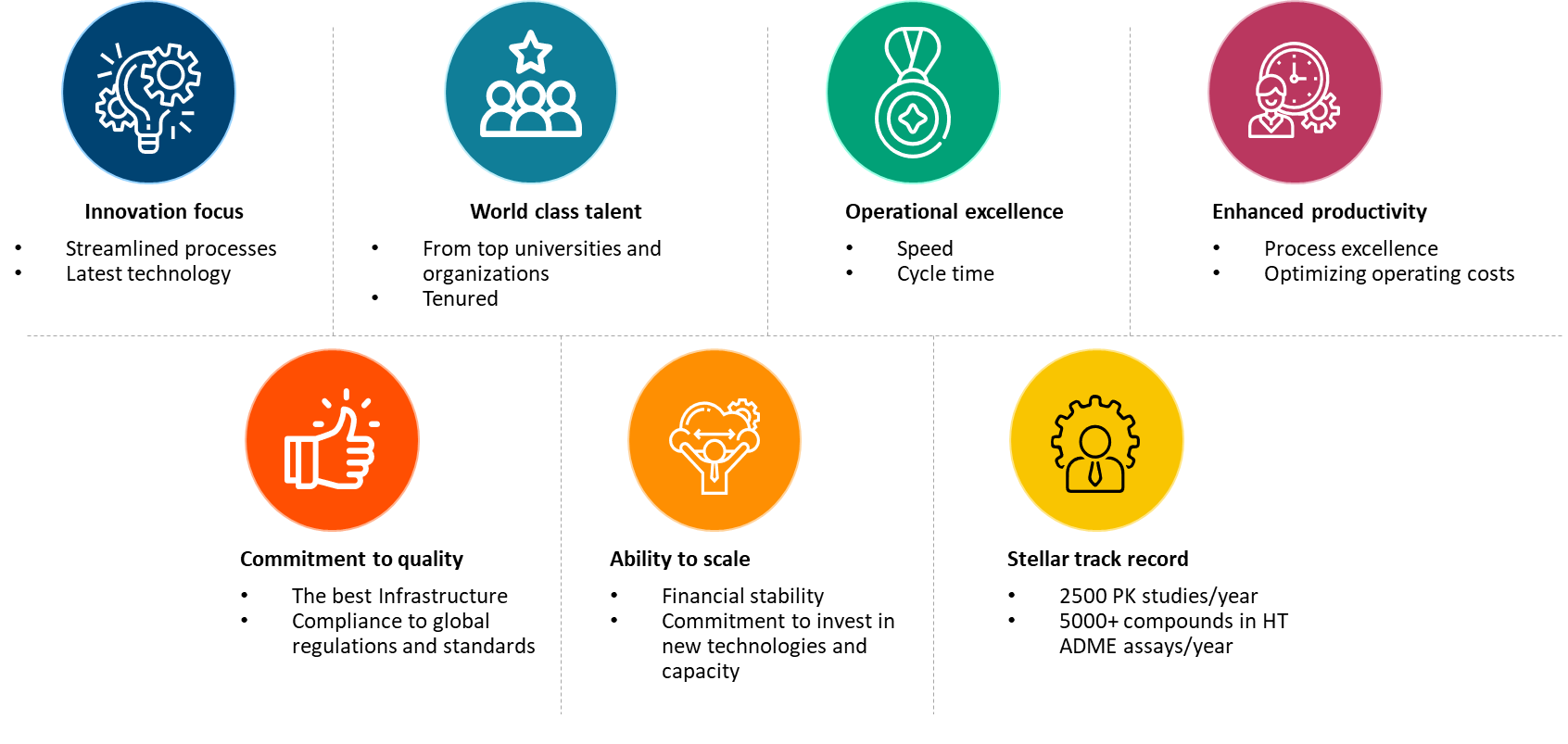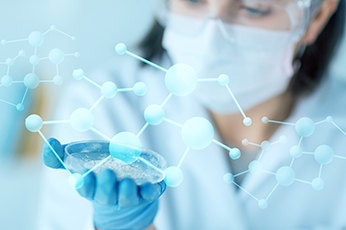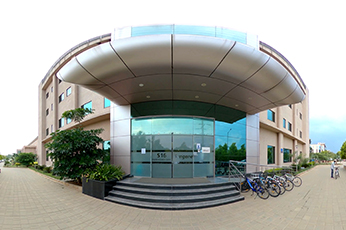Analyzing ADME properties of compounds to deliver deliver safe, efficacious drugs
Syngene’s drug metabolism and pharmacokinetics (DMPK) teams are well-positioned to provide accurate data and insightful analysis of a drug’s absorption, distribution, metabolism, and excretion (ADME) properties, to help clients shortlist compounds with a high chance of success in later stages of drug development. By conducting the right DMPK ADME studies, we help reduce compound failure, identify compounds with optimal safety profiles, and minimize drug-drug interactions (DDI) in later stages.
Capabilities
Syngene offers a comprehensive suite of DMPK studies, including in vitro ADME and in vivo pharmacokinetics (PK) studies, that cover both the drug discovery and early drug development phases. Our capabilities include developing class-leading customized assays and implementing a range of protocols as specified by clients.
Through formulation development studies on the characteristics and biological activity of a compound, we help clients make decisions on a drug’s delivery system using attributes such as solubility, self-emulsification, and dosage form. Our well-defined bioanalytical qualification process to quantitatively measure active drugs is shown below.
Why Syngene
Syngene’s scientists are experts in driving cost-effective, reproducible and high-quality data for drug discovery and development programs. The team handles compound dispatch to data upload in 10 calendar days with more than 95% adherence to turnaround time.
Our state-of-the-art infrastructure includes automated solutions, such as ultra-performance liquid chromatography (UPLC) and time-of-flight (Tof) mass spectrometry, which enable rapid processing of bioanalytical data for fast-tracking of drug discovery projects.
Our in vitro ADME and in vivo pharmacokinetics (PK) studies can be accessed as a stand-alone project (i.e., fee-based or service-based model) or as part of a larger integrated drug discovery (IDD) program.
Development of bioanalytical methods to support bioavailability and pharmacokinetics studies.
- HPLC -UV and LC-MS/MS based methods
- Development of efficient extraction procedures (protein precipitation, liquid- liquid extraction, solid-phase extraction)
- Development of analytical methods in presence of different matrices



